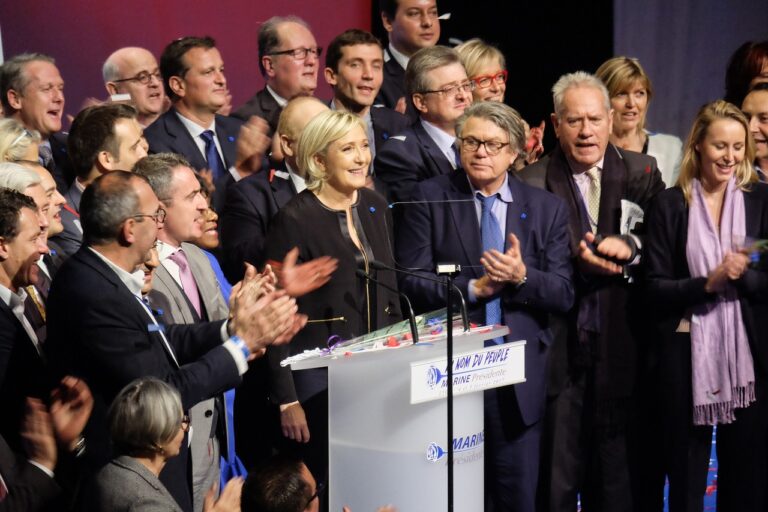Evaluating the Impact of Online Debates on Voter Perception
allpannel com, play 99 exch, gold id 365:Online debates have become a prominent feature in today’s political landscape, especially during election seasons. With the rise of social media platforms and the accessibility of live streaming services, politicians and candidates are utilizing these tools to engage with voters and showcase their policies and ideas. But how effective are these online debates in shaping voter perception? Let’s delve into this topic and evaluate the impact of online debates on voter perception.
The Power of Online Debates
Online debates provide a unique platform for candidates to interact with voters in real-time. Unlike traditional debates that are often constrained by time limits and moderator control, online debates offer a more dynamic and interactive experience. Candidates can directly engage with their audience, respond to questions and criticisms, and present their arguments in a more personal and authentic manner.
Moreover, online debates have a wider reach compared to traditional debates. With social media platforms reaching millions of users worldwide, candidates can connect with a broader audience and amplify their message. This increased visibility can help candidates appeal to a diverse range of voters and build their support base.
Evaluating Voter Perception
But how do online debates impact voter perception? Studies have shown that online debates can influence voters’ attitudes and opinions towards candidates. By watching candidates engage in debates, voters can gauge their communication skills, policy knowledge, and overall competence. This firsthand experience can shape voters’ perceptions of candidates and influence their decision-making process.
Furthermore, online debates allow voters to directly compare candidates’ stances on various issues. This side-by-side comparison can help voters evaluate the candidates’ positions and determine which aligns best with their own values and beliefs. By providing voters with a comprehensive view of the candidates’ policies and ideas, online debates can empower voters to make informed choices at the polls.
The Role of Social Media
Social media plays a crucial role in shaping voter perception during online debates. Platforms like Twitter, Facebook, and Instagram enable voters to discuss and share their thoughts on the debates in real-time. This instant feedback loop can influence public opinion and drive the conversation around the candidates and their performance.
Moreover, social media allows candidates to directly engage with voters before, during, and after debates. By leveraging social media channels, candidates can reach out to voters, address their concerns, and clarify their positions on key issues. This direct interaction can humanize candidates and make them more relatable to voters, ultimately shaping voter perception.
The Impact on Election Outcomes
With online debates playing an increasingly significant role in political campaigns, the impact on election outcomes cannot be overlooked. Research has shown that candidates who perform well in debates, both online and offline, are more likely to gain support from undecided voters and swing voters. A strong debate performance can sway voters’ perceptions and potentially tip the scales in favor of a particular candidate.
However, online debates also pose challenges for candidates, as any misstep or gaffe can quickly go viral and damage their reputation. Candidates must be mindful of their words and actions during online debates to avoid negative repercussions on their voter perception and overall electoral success.
In conclusion, online debates have a substantial impact on voter perception. By providing a platform for candidates to engage with voters, showcase their policies, and communicate their ideas, online debates can shape voters’ attitudes and opinions towards candidates. With the widespread use of social media, online debates have the potential to reach a broader audience and influence election outcomes. As we move towards a more digitalized political landscape, understanding the impact of online debates on voter perception is crucial for both candidates and voters alike.
—
FAQs
1. Are online debates more effective than traditional debates in shaping voter perception?
Online debates offer candidates a more dynamic and interactive platform to engage with voters, which can influence voter perception. However, traditional debates also play a significant role in shaping voter attitudes towards candidates.
2. How can candidates leverage social media during online debates to enhance voter perception?
Candidates can use social media platforms to engage with voters in real-time, address their concerns, and clarify their positions on key issues. By leveraging social media, candidates can humanize themselves and connect with voters on a more personal level.
3. What impact do online debates have on election outcomes?
Candidates who perform well in debates, both online and offline, are more likely to gain support from undecided and swing voters. A strong debate performance can sway voters’ perceptions and potentially influence election outcomes.







